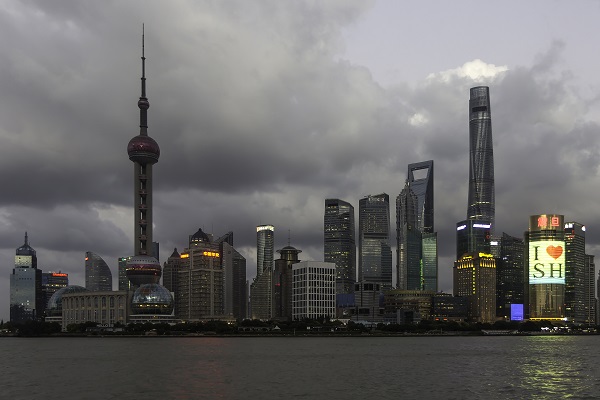Top asset manager says pension fund clients are turning skittish on China — ‘There is a very real geopolitical risk’
APG’s pension fund clients are more worried about investing in China, the Financial Times reported.
That’s as geopolitical risk has grown, with China increasingly at odds with the West.
“There is a very real geopolitical risk that has been added to the proposition.”
Rising international tensions with Beijing are a serious factor in the worsening skepticism around Chinese investments, APG Asset Management told The Financial Times.
One of the largest asset managers in the world, the firm is in charge of about $570 billion in Dutch pension plans, and has actively pursued investments in China for over a decade.
Given China’s accelerated growth in past years, most of its clients previously needed little prodding to invest in the country, APG Chief Economist Thijs Knaap told the FT.
“But this has become a lot harder to sell to our stakeholders. They’re very conscious of the risks they are running. There is a very real geopolitical risk that has been added to the proposition,” he said.
While APG did not disclose how exposed it was to the Chinese market, it continues to hold equity, real-estate and debt in the country. Meanwhile, other big institutional investors are also turning hesitant.
Examples include Canada’s CDPQ, which closed its Shanghai office and halted private dealings in the country, and Singapore sovereign wealth fund GIC, which has slowed direct investment in China.
“On the one hand, it seems inconceivable to me that we would withdraw from such a large part of the world economy,” said Knapp. “[But] at the same time we’ve certainly seen some dark clouds around China.”
Meanwhile, previously shunned regions such as Europe have become more attractive for investors, he added.
The hesitation felt by pension funds towards Chinese assets comes as foreign investors overall have begun moving out of the country at a faster rate. In May, $1.71 billion in mainland shares were sold by foreigners, compared to April’s $659 million.
While most are withdrawing due to the country’s discouraging economic performance following the first-quarter — ending earlier expectations for a resounding post-pandemic rebound — future investment may similarly remain at bay in the face of geopolitical risks, analysts have said.
That’s as China is increasingly at odds with the West, including on issues like Taiwan, access to high-end foreign technology, and its closeness with Russia.
Most recently, US restrictions on exporting semiconductors to Chinese markets led Beijing to ban Micron’s microchips last month. And China’s update to an espionage law has put foreign businesses in the country on edge.
At the same time, Beijing’s focus on national security may cost it in the long run, political scientist Minxin Pei has said, as it takes away from opportunities for national growth, providing little attraction for investors.
Read more @markets.businessinsider











